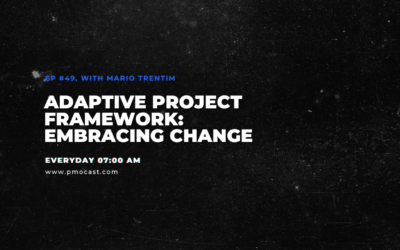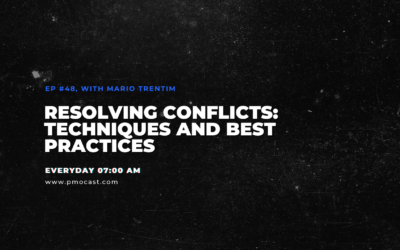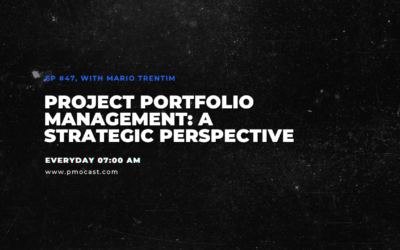As the fast-paced field of project management continues to evolve, it is increasingly important for professionals to keep a finger on the pulse of industry changes. With 2023 approaching rapidly, project managers are being challenged to stay ahead of the curve and adapt to new opportunities. Here, we highlight the top five project management trends to watch in 2023.
Trend #1: Remote Work and Distributed Teams
The COVID-19 pandemic has transformed our workplaces, and remote work is here to stay. Project managers now oversee teams scattered across time zones, with the home office becoming a new norm. This shift opens up a pool of global talent, providing greater diversity and flexibility.
However, managing distributed teams also presents new hurdles, primarily in communication and collaboration. To overcome these, project managers need to embrace digital tools and foster a strong team culture. Maintaining regular communication, setting clear expectations, and leveraging project management software can aid in seamless coordination across a geographically dispersed team.
Trend #2: The Rise of Artificial Intelligence and Automation
Technology continues to revolutionize project management. Artificial Intelligence (AI) and automation, in particular, are game changers. From streamlining processes to improving decision-making and reducing human error, AI and automation are enhancing project efficiency.
Project managers who incorporate these technologies can benefit from better resource allocation and more accurate project forecasts. Using AI-based tools, teams can automate repetitive tasks, making room for more strategic work. Meanwhile, predictive analytics can help identify potential risks and delays before they occur, allowing for proactive management.
Trend #3: Hybrid Project Management
As project needs grow more diverse, a one-size-fits-all approach to project management no longer suffices. Enter hybrid project management. This approach combines the predictability of the Waterfall methodology with the flexibility of Agile, allowing project managers to tailor their strategy to each project’s specific needs.
Hybrid project management offers the best of both worlds: the structured planning and control of Waterfall and the iterative, collaborative approach of Agile. This approach is gaining popularity as organizations increasingly value adaptability and versatility.
Trend #4: Sustainability Takes Center Stage
Sustainability is no longer an optional extra—it’s a business imperative. As more organizations commit to achieving their sustainability goals, project managers are expected to incorporate eco-friendly practices into their projects. This could mean reducing the environmental impact, promoting social responsibility, or ensuring long-term economic viability.
Project managers can implement sustainability by using resources more efficiently, considering environmental impacts in their project decisions, and engaging stakeholders on sustainability issues.
Trend #5: Upskilling and Continuous Learning
In a field as dynamic as project management, upskilling and continuous learning are not optional—they’re essential. Project managers need to stay abreast of the latest methodologies, tools, and best practices to stay competitive and deliver successful projects.
Whether through formal training, webinars, or industry events, project managers should invest time in expanding their knowledge and skills. In an ever-evolving field, staying updated is the key to success.
In conclusion, 2023 promises to be a transformative year for project management. By keeping these trends in mind and being ready to adapt, project managers can navigate the changes and capitalize on new opportunities. Make sure you’re ready for what’s next by following us on PMOCast for more insights into project management trends and best practices.
Don’t forget to share this article with your network using the hashtag #PMOCast, and remember—knowledge is power, especially when shared!
SEO Keywords: Project Management, Trends, 2023, Remote Work, Distributed Teams, Artificial Intelligence, Automation, Hybrid Project Management, Sustainability, Upskilling, Continuous Learning.




0 Comments